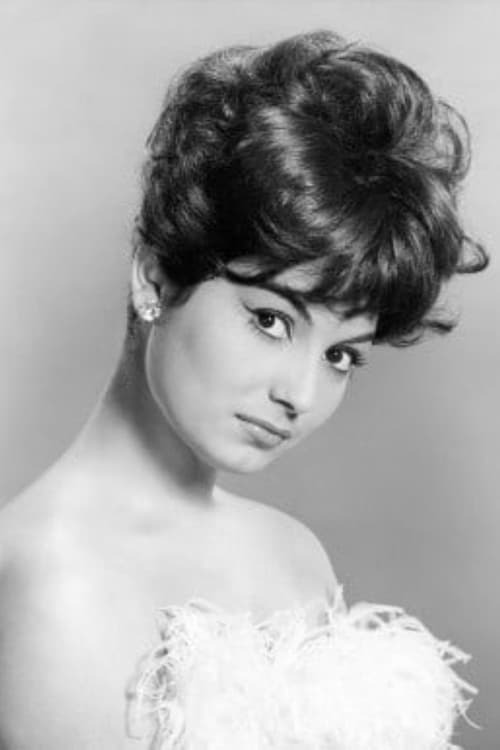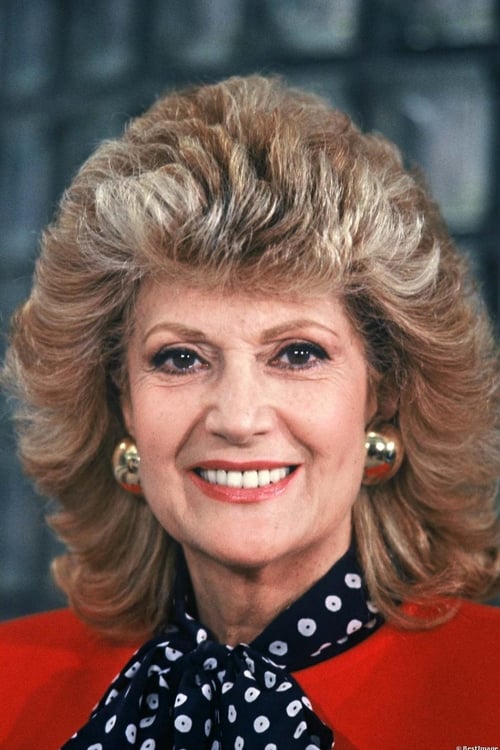
Rosy Varte
出生 : 1923-11-22, Constantinople, Ottoman Empire
死亡 : 2012-01-13
略歴
Rosy Varte (22 November 1923 – 14 January 2012) was a French actress of Armenian descent. She made almost 100 film and television appearances since 1949.
She starred in the 1972 film The Bar at the Crossing, which was entered into the 22nd Berlin International Film Festival. She was a voice actress in the cartoon Western movies, Daisy Town (1971, as "Lulu Carabine") and La Ballade des Dalton (1978, as "Miss Worthlesspenny").
Born Nevarte Manouelian in Istanbul, Turkey, she emigrated to France at an early age. She appeared in comedies. From 1985 to 1993, she had the title role (Maguy Boissier) in 333 episodes of the hit TV series Maguy. In 2007, she won the 7 d'Or award for Best Actress for playing Maguy Boissier.
She died 14 January 2012 at the American Hospital in Neuilly-sur-Seine, aged 88, following a battle with bronchitis, which degenerated into a lung infection, according to her widower, director Pierre Badel.
Source: Article "Rosy Varte" from Wikipedia in English, licensed under CC-BY-SA 3.0.

Éléonore

Rosalie has had enough of "family life", in other words of Georges, her weak husband, and of her cantankerous mother-in-law. One day she decides to hit the road, not knowing where she is going. Joséphine is fed up with... being fed up with life. One day she decides to say no to cancer and depression and she hits the road. Her goal is to join her daughter Carole with whom she has been at odds for ten years. Rosalie and Joséphine, the two confused women meet, journey together, help each other and little by little become inseparable friends.

Blanche Dumont-Farel
They're broke and they're going on vacation in a cave, an economical solution...

Francis Lebovic, an ex-voyou turned sex worker, is not lacking in charm or elegance. David, his thirteen-year-old godson, accepts Francis' proposal to record a record without much enthusiasm. His voice, combined with his physique, gives rise to hope. Francis will be able to pay off his debts; Lino and Daisy, David's parents, will be able to do some work in their café. Everything would be just fine if Frédérique Henriot, a young lawyer, hadn't come to live in the house where they all live, in this village in the center of Paris called the Marais.
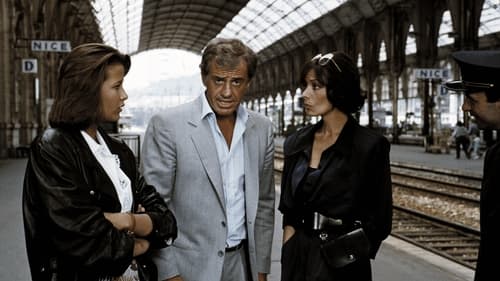
Marlène Chataigneau, la mère de Julie
Chronic serial womanizer Stephane Margelle drops his wife Sophie off at the airport so she can go away for Easter weekend. He immediately picks up beautiful young Julie, who has just had a fight with her married boyfriend. He gets her back to his apartment and is preparing for a sexy weekend, when his wife suddenly returns home. He makes up a bizarre, on-the-spot, spur-of-the-moment story that the gorgeous girl is actually his long-lost daughter. Julie plays along, but this leads to a whole series of increasingly ridiculous lies and comical situations (such as when her real mother shows up).
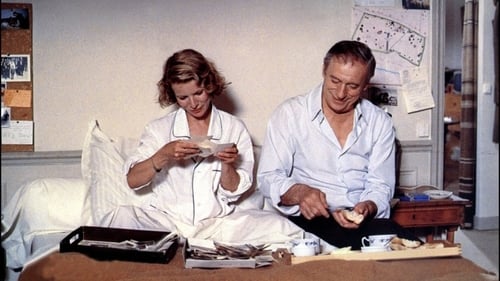
Gloria
After a life of emotional and professional upsets, Alex finds himself headwaiter in a chic Parisian restaurant. Well into middle age, divorced but still very much a ladies’ man, he has one great ambition: to open an amusement park by the sea. One day, an old flame, Claire, suddenly re-enters his life. For Alex, the fires of love are easily re-kindled, but Claire has another man in her life…
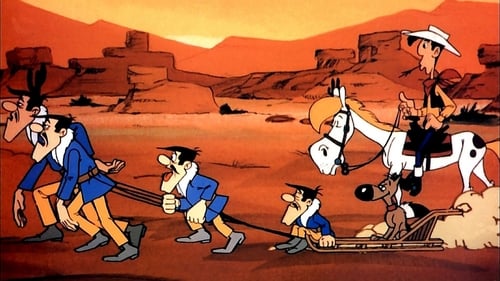
Miss Worthlesspenny (voice)
The cowboy Lucky Luke tracks the Dalton brothers who escaped from prison and are seeking refuge in Canada.

Biopic of French film pioneer Alice Guy-Blaché, considered the world's first female director, who directed, produced and/or supervised over 700 films between 1896 an the 1920s, in France and, for a period, in the US.

Madame Jourdain
In this adaptation of the play by Molière, Monsieur Jourdain, social climber, nouveau rich but naive, dreams of being recognized in high society. He hires masters of music, dance, philosophy. He has gone mad with thoughts of honors, decorations, and power.

Dorothée, the mother
In May of 1968, a well-off family from the XVIth district in Paris lives through the revolutionary fever of the Latin District in its own idiosyncratic way. The play harks back to Molière's plays 'Femmes savantes' and 'Précieuses ridicules'

Nina

Thérèse Dupérier
Duperrier, a model of piety, justice and charity, wakes up one day with a halo over his head, to the great despair of his wife who fears the gossip of the neighborhood. He's obliged to do everything possible to lose this gift from heaven.

La Mère de Colette
Antoine is now 30, working as a proofreader and getting divorced from his his wife. It being the first "no-fault" divorce in France, a media circus erupts, dredging up Antoine's past. Indecisive about his new love with a store clerk, he impulsively takes off with an old flame.

Germaine Doizon
A serial-killer frightens Paris by phoning young ladies at night, telling them insults about their lives. Minos, as he calls himself, wants to prevent the world from free women and he targets at first these ones. Commissaire Letellier is given the investigation and he has hard work with the maniac.

Therese

Maria
In 1916, Vincent van Horst leaves Europe to return to his Canadian homeland. There, he seeks his former love, Maria... but the lady's pride is hurt and she refuses to see him. Vincent then falls for a younger woman, Annie.
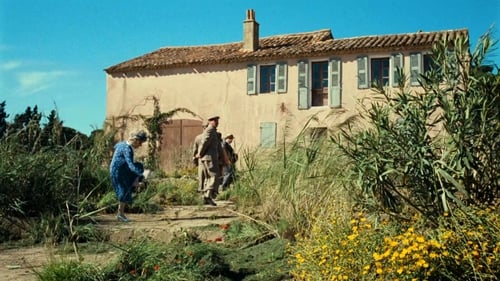
Elvire Galipeau
In 1930, Louis Martinet, a peaceful sexagenarian, no longer has a long life to live according to the words of his doctor, Leon Galipeau, who sees to take advantage of the very interesting situation of the "future deceased". This one indeed has a small house in Saint-Tropez. Galipeau sniffs the windfall. Following his advice, Martinet agrees to give it in life to the brother of the doctor, Emile, and then rushes back to a health of iron. Worse, he even survives the war. Galipeau, exhausted, decide to use the great means to get rid of the importunce who persists in thwarting their project ...
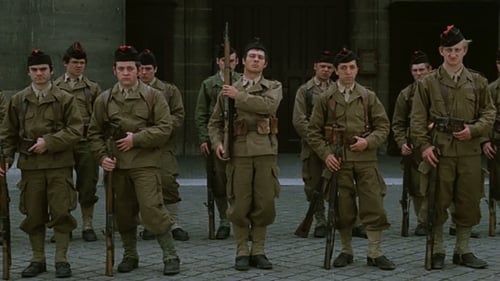
The Mother
Following "The Two of Us", Claude is now 21 years old. Content with his life, he has a girlfriend Tania and he aspires to become an actor. When he receives his draft notice, a friend convinces Claude he can get out of military service with his connections in Paris. When the connections fall through, Claude is sent for basic training outside Paris before being shipped off to Algeria. His stops in Morocco and Algeria are uneventful as far as military action goes. He returns home with few bad memories of his army life ...
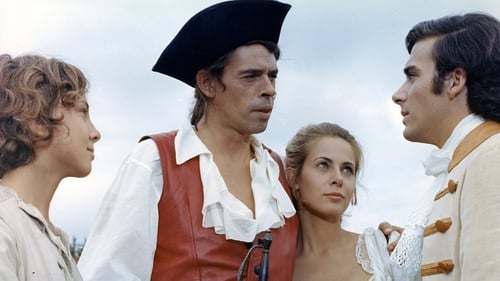
Bettine, soeur de Benjamin
Benjamin is in love with Manette, the innkeeper's beautiful daughter, but she has no intention of giving in to the young doctor until she sees the marriage contract, and marriage does not fit in with Benjamin's spirit of independence. For the same reason he resists the efforts of his sister Bettine to marry him off to Arabelle, the daughter of old Dr. Minxit. Benjamin does agree to go and meet the girl. But that evening his sister finds him at the inn together with Manette, who is arrested by her father. So she decides to go with Benjamin herself. But as result of an incident with the fat Marquis puts paid to the expedition. Benjamin is subjected by the Marquis to a humiliating practical joke. Benjamin is determined to got his revenge. He succeeds thanks to the gorgeous Vicomte Hector de Pont-Cassé, who also helps Manette with her problems against her father. But Benjamin is now arrested by the Marquis...

Perrine Hadol
On the day of his marriage, the son of a Marseille king declares to his family that he wishes to engage in the police.
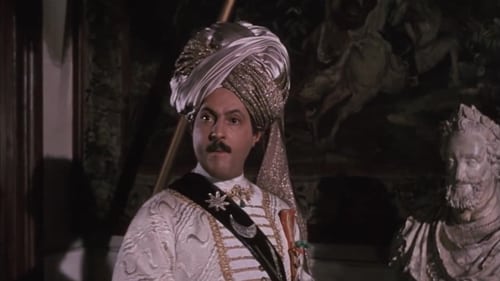
Mme Jourdain
Le Bourgeois gentilhomme satirizes attempts at social climbing and the bourgeois personality, poking fun both at the vulgar, pretentious middle-class and the vain, snobbish aristocracy. The title is meant as an oxymoron: in Molière's France, a "gentleman" was by definition nobly born, and thus there could be no such thing as a bourgeois gentleman.

Berthe

La barmaid blonde du bistrot "La Patrie"
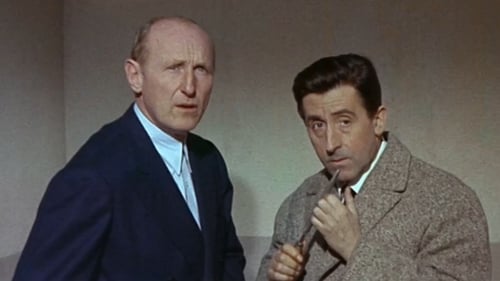
Mme Gisèle Duchemin
A man falsely recognize two teenagers and one child as his own children in order to avoid jail so his life becomes more and more chaotic.
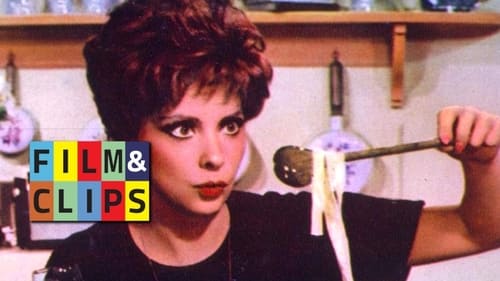
Girl in the club
Lisa, a fashion photographer, has an affair with a married man. They both know that the relationship forces them to have fun. When he goes through a delicate family situation caused by his daughter's adventure with a much older man, Lisa understands how much she is in love and how little she can expect from him.

Mother Ubu
Based on Alfredy Jarrry's 1896 play about a greedy, overweight, selfish dude named Pere Ubu. The story follows Ubu on his journey to overthrow the current ruler and become King of Poland. Along the way he betrays many of his followers, taxes the civilians to an unreasonable degree and eventually slaughters everyone. Along his side, is the equally crude but somehow more likable Mere Ubu, who's like a foul mouthed Lady Macbeth.

Mme Valiche
In the First World War, when Paris is expected to fall to the Germans, the attractive widow, Princesse de Bormes, organises a convoy of cars to evacuate the wounded from the front, and bring them back to her villa in Paris to recuperate. The authorities will not give them passes until an innocent 16-year-old boy, Guillaume Thomas de Fontenoy, joins them and is mistaken as the nephew of the popular General de Fontenoy. The Princess is enraptured by Thomas and her daughter, Henriette, falls in love with him. However Thomas feels impelled to see more of the action of the war.

Catarina
The swaggering Petruchio agrees to marry the spitting hellcat, Katherine.
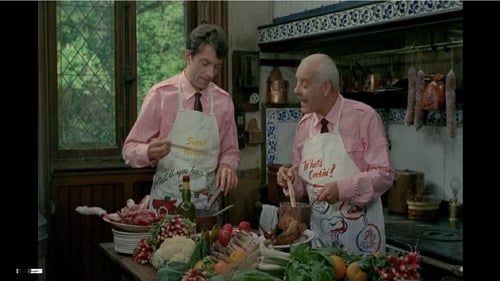
La mère d'Isabelle
A dedicated layabout (Jean-Pierre Cassel) bounces from relationship to relationship, moving on only when the prospect of employment presents itself.
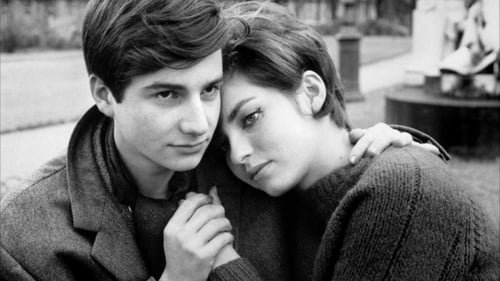
La mère de Colette (segment "Antoine et Colette")
Love at Twenty unites five directors from five different countries to present their different perspectives on what love really is at the age of 20. The episodes are united with the score of Georges Delerue and still photos of Henri Cartier-Bresson.
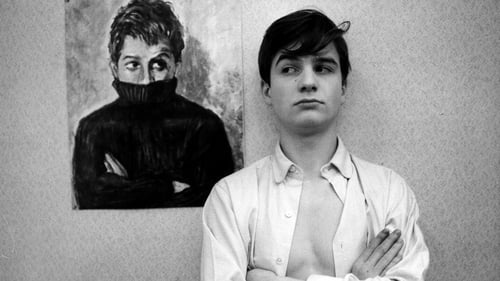
Colette's Mother
Now aged 17, Antoine Doinel works in a factory which makes records. At a music concert, he meets a girl his own age, Colette, and falls in love with her. Later, Antoine goes to extraordinary lengths to please his new girlfriend and her parents, but Colette still only regards him as a casual friend. First segment of “Love at Twenty” (1962).

Mme Lauriston
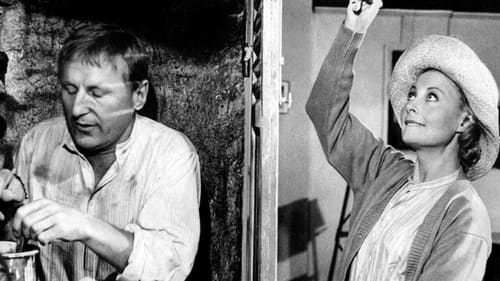
Rosette Falk
During WW2, a posh bourgeois woman (Morgan)is compelled to live under the same room as a crude simple-minded yet big-hearted man.(Bourvil) Her husband was arrested by the Gestapo and she is a hunted woman.
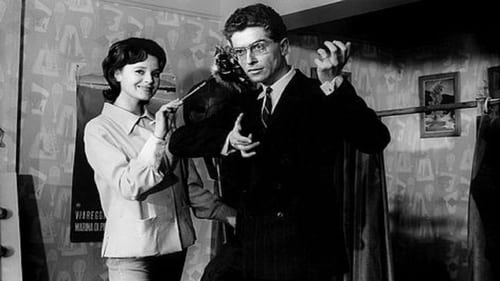
Mme Léa
Series of sketches about two stuttering teachers.

Rita la Gitane, une prostituée

In a port area of France, clashes between a gang of young delinquents and a tribe of gypsies.

Marie Simonet

Juliette
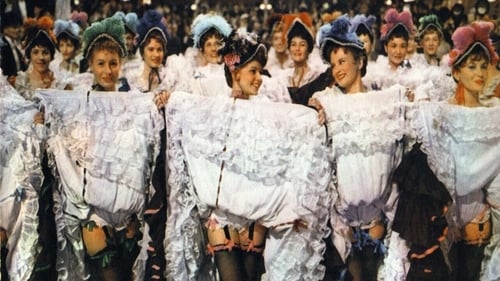
Habituée du café (uncredited)
Nineteenth-century Paris comes vibrantly alive in Jean Renoir’s exhilarating tale of the opening of the world-renowned Moulin Rouge. Jean Gabin plays the wily impresario Danglard, who makes the cancan all the rage while juggling the love of two beautiful women—an Egyptian belly-dancer and a naive working girl turned cancan star.

La grande Léa
Virgile is a 1953 French comedy film directed by Carlo Rim

Madame Pépin, the concierge
Martial, Colette 's husband, is madly jealous. One day, he catches his wife writing a letter and he does want to know what this message contains, to no avail.

Paméla
The short stories of Guy de Maupassant enjoyed a renaissance in the early 1950s, thanks in great part to the Max Ophuls production Le Plaisir. In Trois Femmes, three De Maupassant stories are dramatized, each conveying the central theme of women falling in love. In the first, a black female carnival entertainer causes an uproar when she falls in love with a white soldier. In the second, a young bride is pressured into having a baby to collect a huge inheritance. And in the final episode, a pregnant girl is "adopted" and protected by a small circle of friends. In standard De Maupassant fashion, each of the three stories in Trois Femmes is capped by a surprise twist.


The young Huguette arrives in Camargue to take over the farmhouse and the breeding of bulls from which she has just inherited - Huguette has to face the thefts of horses and bulls by the Romanichels and stand up to the Gardians, who do not appreciate being commanded by a young woman. Fortunately, her neighbor Fred will be there to help her to overcome all these obstacles.

Conchita
The young Huguette arrives in Camargue to take over the farmhouse and the breeding of bulls from which she has just inherited - Huguette has to face the thefts of horses and bulls by the Romanichels and stand up to the Gardians, who do not appreciate being commanded by a young woman. Fortunately, her neighbor Fred will be there to help her to overcome all these obstacles.
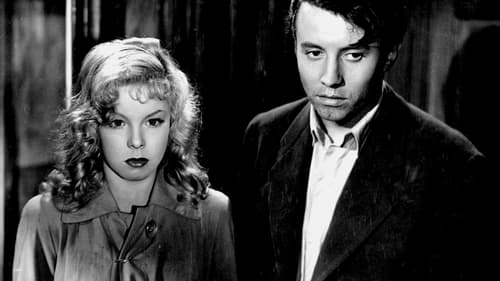
Port of Marseille, France, recently liberated from the German yoke. Caught as stowaways aboard a ship, Manon, a young woman who was accused of collaborating with the Nazis, and Robert, a freedom fighter who saved her from reprisals, tell the captain about the many challenges they have had to face in order to survive.


